The 2020 Presidential Election: Educators Speak Out
We asked a group of radical educators to weigh in on what they hoped would be part of any 2020 presidential candidate’s education platform.
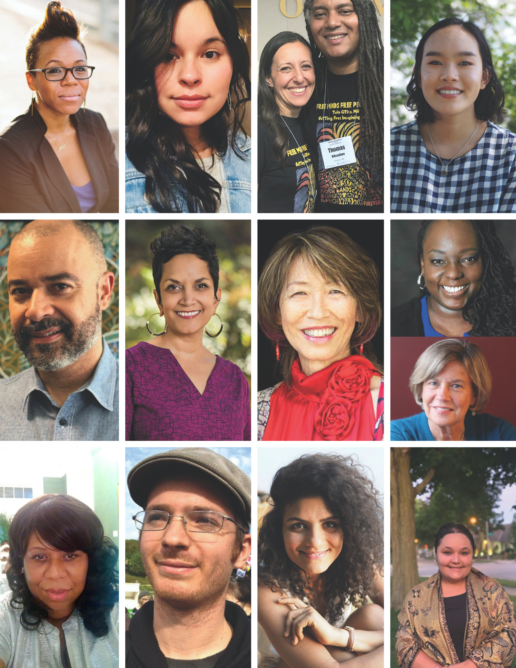
We asked a group of radical educators to weigh in on what they hoped would be part of any 2020 presidential candidate’s education platform.
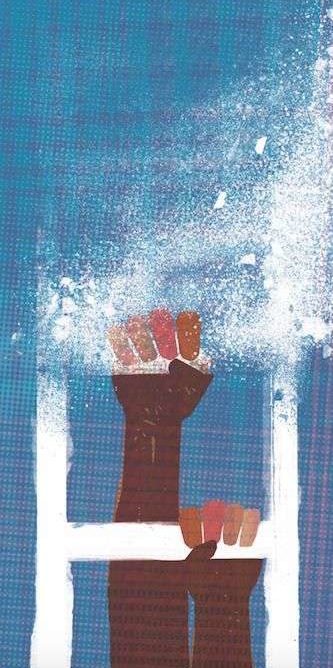
A teacher of color writes about obstacles he faced during his first year in the classroom and the support he received — and did not receive — from other teachers and administrators.
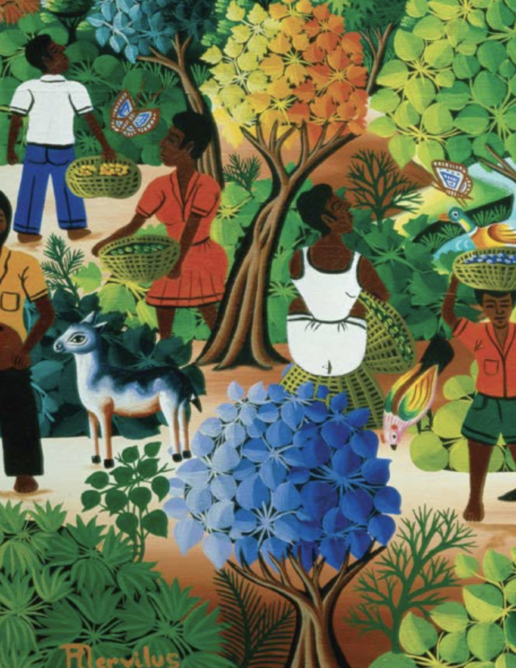
“Haiti is one of the poorest countries in the world.” That’s the only thing this Haitian American teacher remembers being taught in school about her family’s country of origin. She calls for a revolution in how educators teach Haiti.
A special education teacher uses poetry to help her middle school students write their own narratives and celebrate themselves.
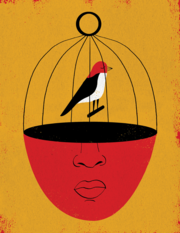
An education researcher explores “no-excuses” discipline policies and the rate of out-of-school suspensions at charter schools in Denver and around the nation. “Democracy is healthiest when our educational institutions reflect our best virtues — creativity, joy, and growth. We must strengthen our oversight over no-excuses charter schools, thereby ensuring that no child in that city — or our country — is subjected to policies that could have been culled from one of Denver’s neighboring prisons.”
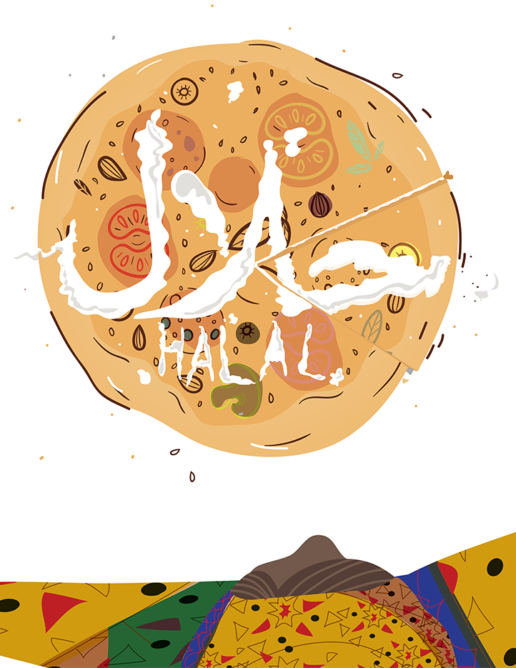
An elementary teacher tells how she works to include her Muslim students in the life of her classroom. “We can use or create curriculum and projects that allow students to learn about and incorporate their culture and religious practices if they want to. We can be deliberate in including, making space for, and recognizing our students in all aspects of their identities. Making schools inclusive doesn’t have to be a guessing game.”
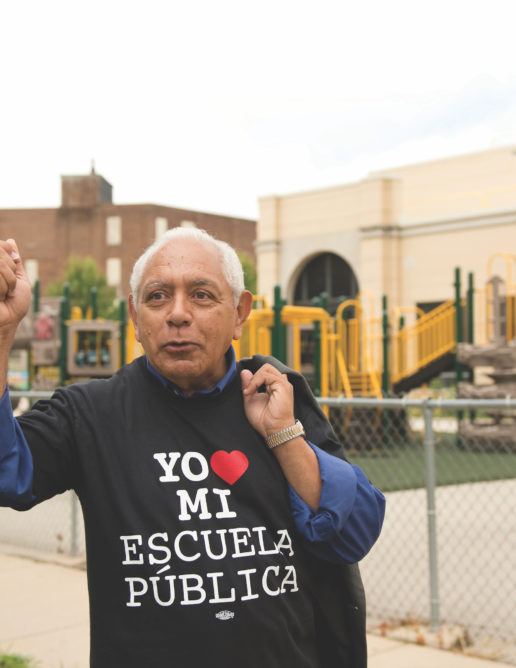
Organizer and advocate Tony Báez has been fighting for improved bilingual education programs for decades. In this interview, he talks about the current state of bilingual education and describes how parents and educators won a maintenance K-12 bilingual program in the Milwaukee Public Schools.
As we return to our schools this fall, we need to rededicate ourselves to building an education system and a society that values Black lives.
A neighborhood mapping exercise helps students develop their narrative writing and storytelling skills while also building classroom community by connecting home worlds to the curriculum. Adapted from the newly-released second edition of Reading, Writing, and Rising Up.
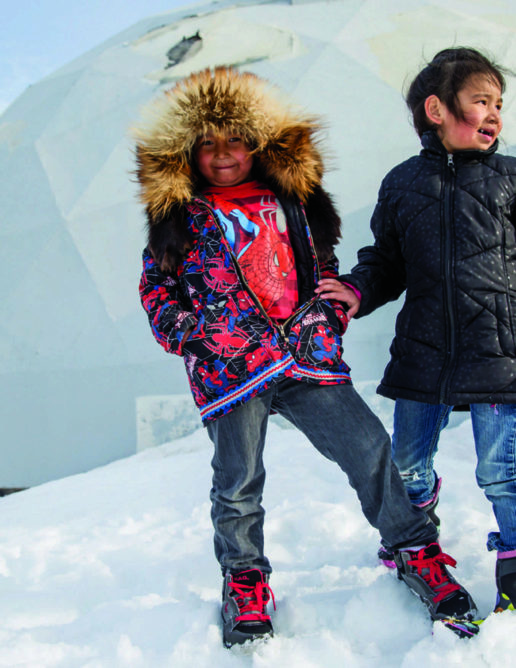
A journalist explores the way Indigenous language and community is connected to the classroom in several communities in Alaska, and explores how educators there have built new frameworks to fight against Eurocentric curriculum.
A kindergarten teacher uses images, literature, poetry, and collages — as well as her own history — to challenge students’ implicit bias and preconceived notions surrounding the color black and to teach the lesson that Black is beautiful.
The executive director of San Francisco’s Arab Resource and Organizing Center describes the successes and obstacles for a community-based campaign to offer Arabic language instruction in the district’s schools.
Returning to her home country of Okinawa at 13, Moé Yonamine was hit by a teacher for speaking her Indigenous language. She reflects on the history of colonial oppression in Okinawa and the importance of keeping culture and language alive.
Educator Debbie Wei, co-founder of a folk arts-based school in Philadelphia’s Chinatown, describes her journey—from growing up as the child of Chinese immigrants who never spoke to her in their native language, to advocating for heritage language programs.

An early elementary school teacher combines a science lesson and poetry to encourage children to celebrate their own skin tone and that of their classmates.
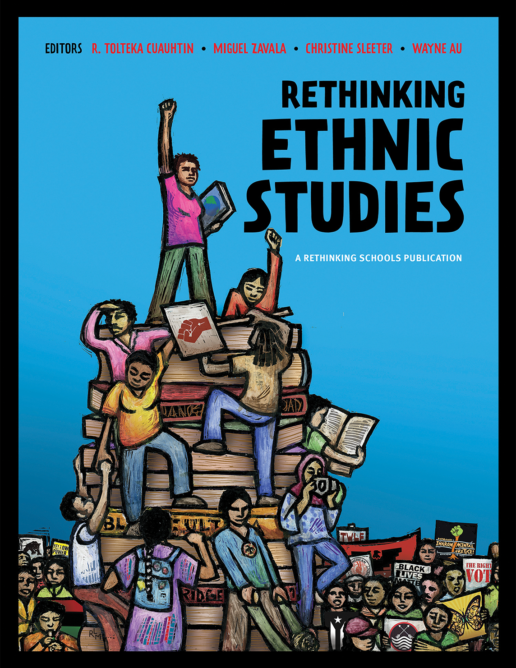
As part of a growing nationwide movement to bring Ethnic Studies into K-12 classrooms, Rethinking Ethnic Studies brings together many of the leading teachers, activists, and scholars in this movement […]
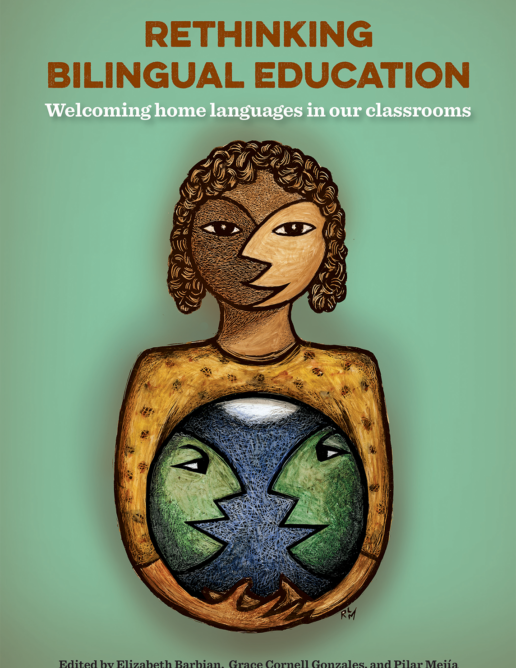
Rethinking Bilingual Education is an exciting new collection of articles about bringing students’ home languages into our classrooms. How do we bring social justice curriculum into our bilingual classrooms? How […]
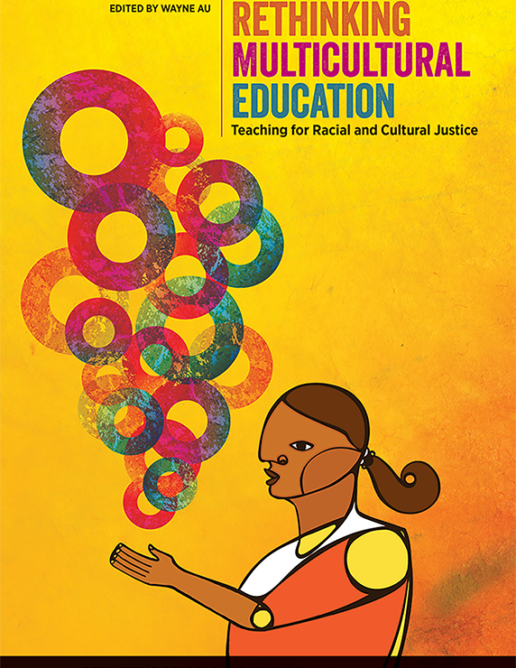
This new and expanded edition collects the best articles dealing with race and culture in the classroom that have appeared in Rethinking Schools magazine. With more than 100 pages of […]
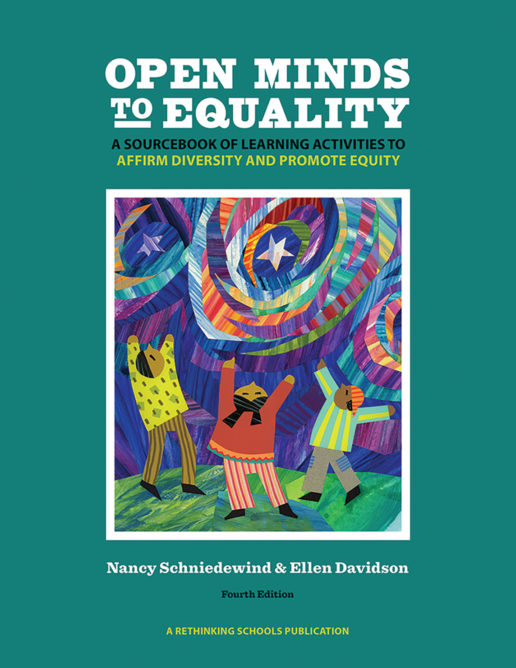
Summary The fourth edition of Open Minds to Equality contains a wealth of updated information and resources. New lessons address immigration, anti-Muslim discrimination, gender identity, and bullying. The comprehensive, annotated […]